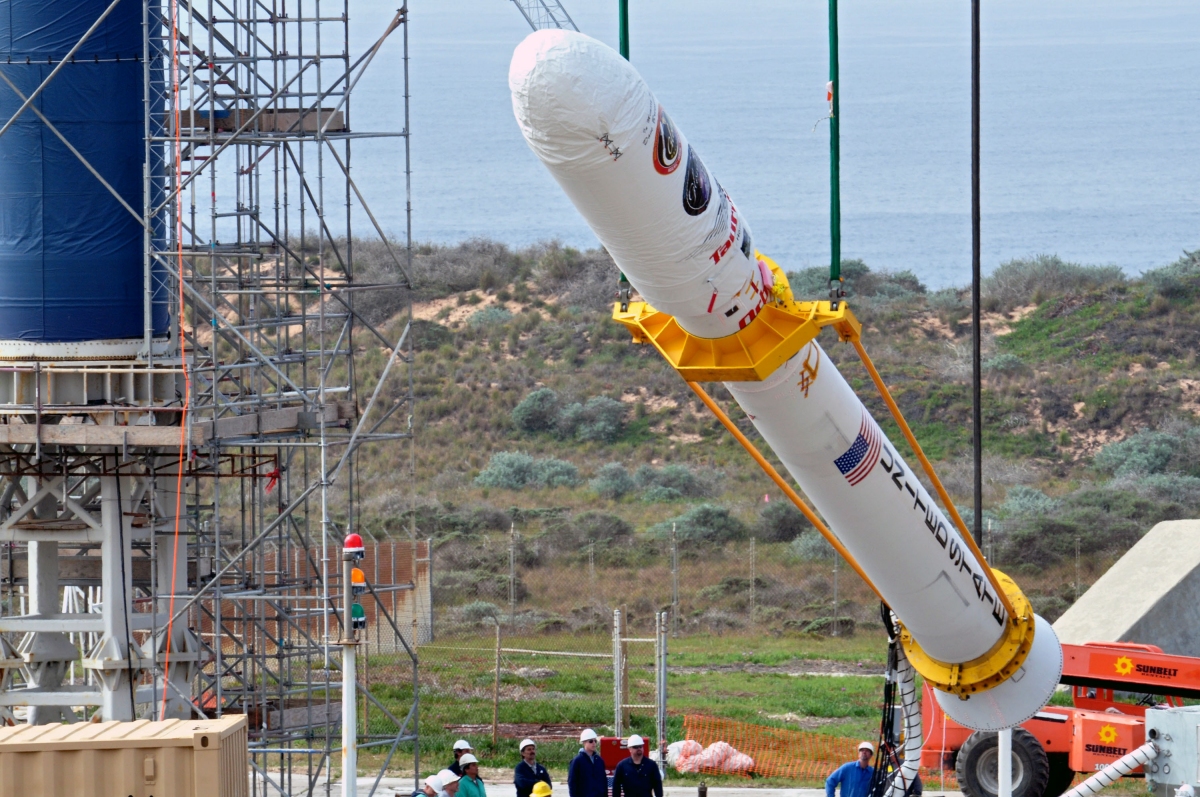A hot potato: An Oregon aluminum supplier has admitted to altering test results and falsifying certifications over a nearly 20-year period, costing victims millions of dollars and potentially putting lives at risk. Fortunately, nobody was hurt during two failed NASA missions directly linked to the faulty materials.

An Oregon-based aluminum extrusion manufacturer has agreed to pay $46 million to NASA, the Department of Defense and other customers to settle charges related to a 19-year fraud scheme that ultimately resulted in two failed NASA missions.
Hydro Extrusion Portland, Inc., formerly known as Sapa Profiles Inc. (SPI), admitted to altering test results of extruded aluminum and falsifying certifications for nearly 20 years. Assistant Attorney General Benczkowski of the Department of Justice’s Criminal Division said corporate and personal greed perpetuated this fraud against government and other private customers.
Jim Norman, NASA’s director for Launch Services at NASA Headquarters in Washington, said that while NASA does perform its own testing, they are not able to retest every single component which is why they require and pay for certain parts to be tested and certified by the supplier.
When test results are tampered with and certifications are falsified, missions fail. Such was the case with the nose cones on the Taurus XL rockets involved in NASA’s Orbiting Carbon Observatory (OCO) and Glory missions in 2009 and 2011, respectively.
The two failures resulted in the loss of more than $700 million and years of scientific work at NASA alone.
“It is critical that we are able to trust our industry to produce, test and certify materials in accordance with the standards we require,” Norman said. “In this case, our trust was severely violated.”
NASA no longer uses the supplier as a government contractor and proposed the company be banned government-wide.
https://www.techspot.com/news/79890-multi-year-aluminum-fraud-scheme-blamed-two-nasa.html